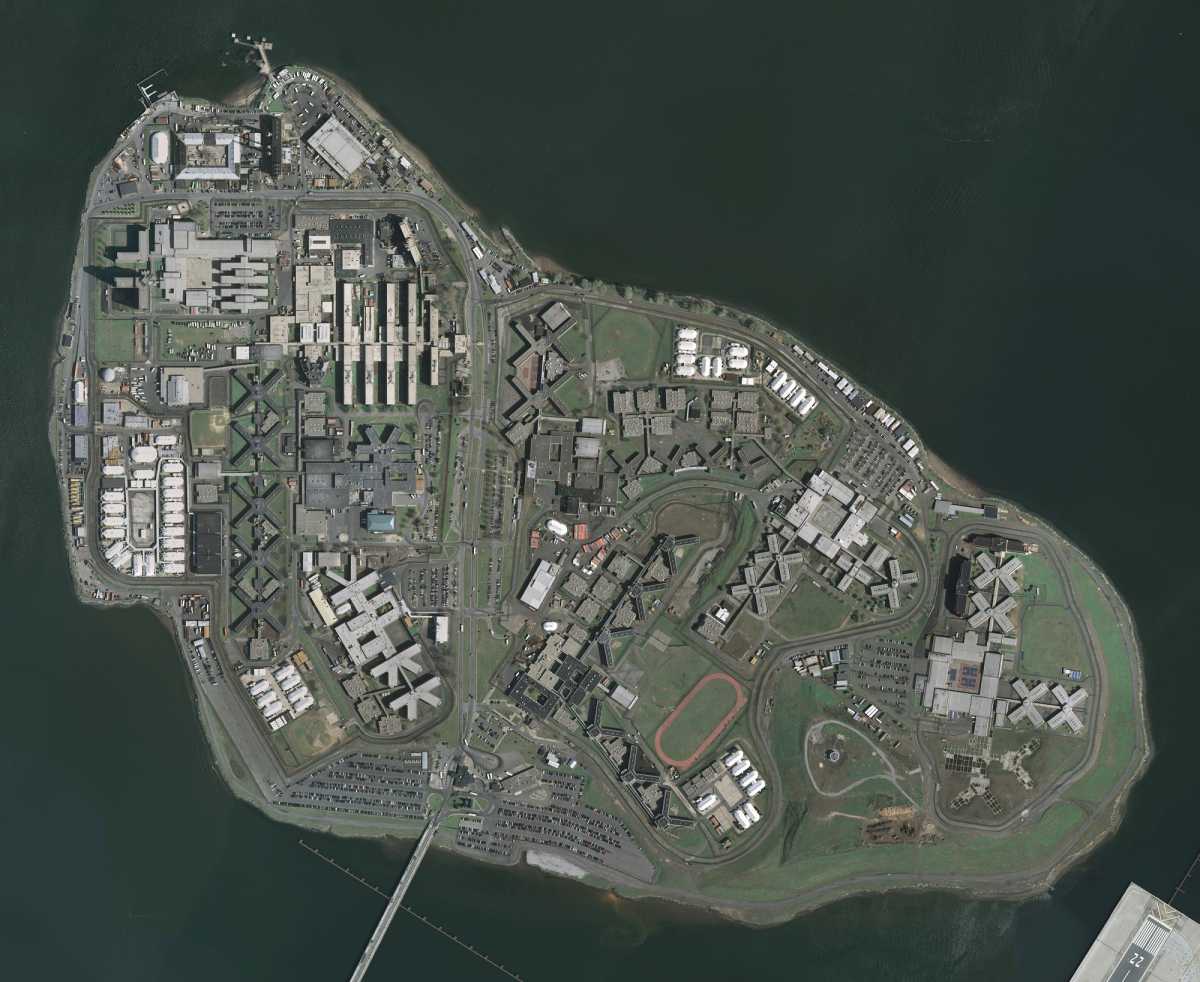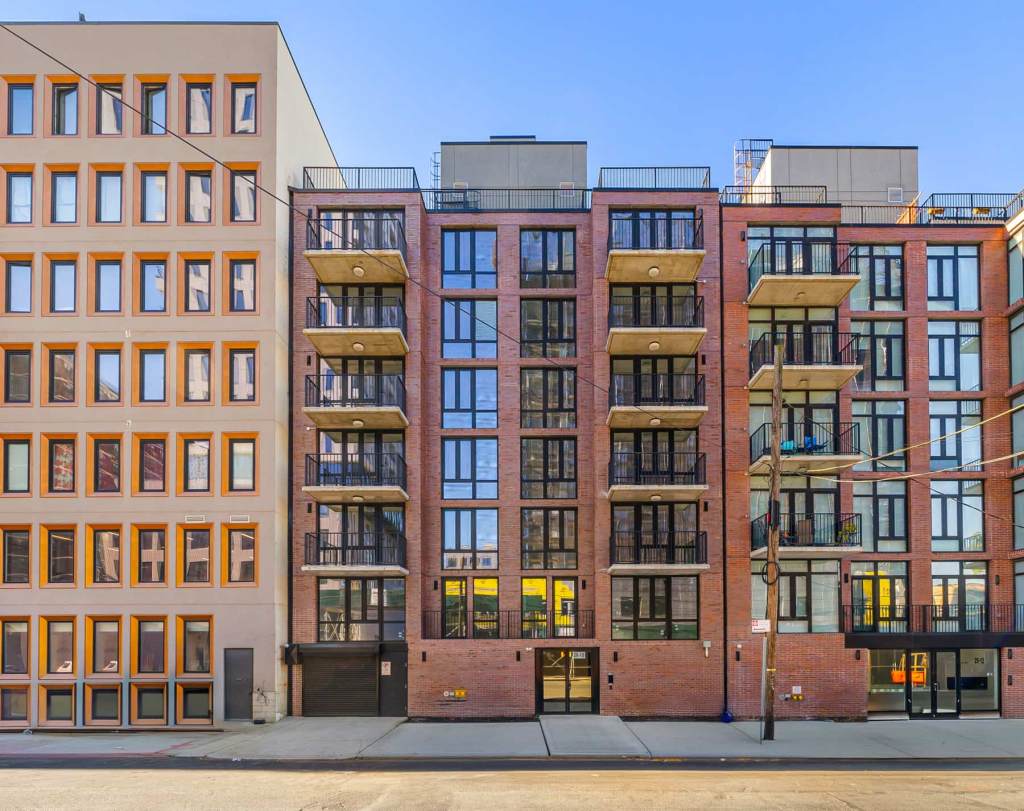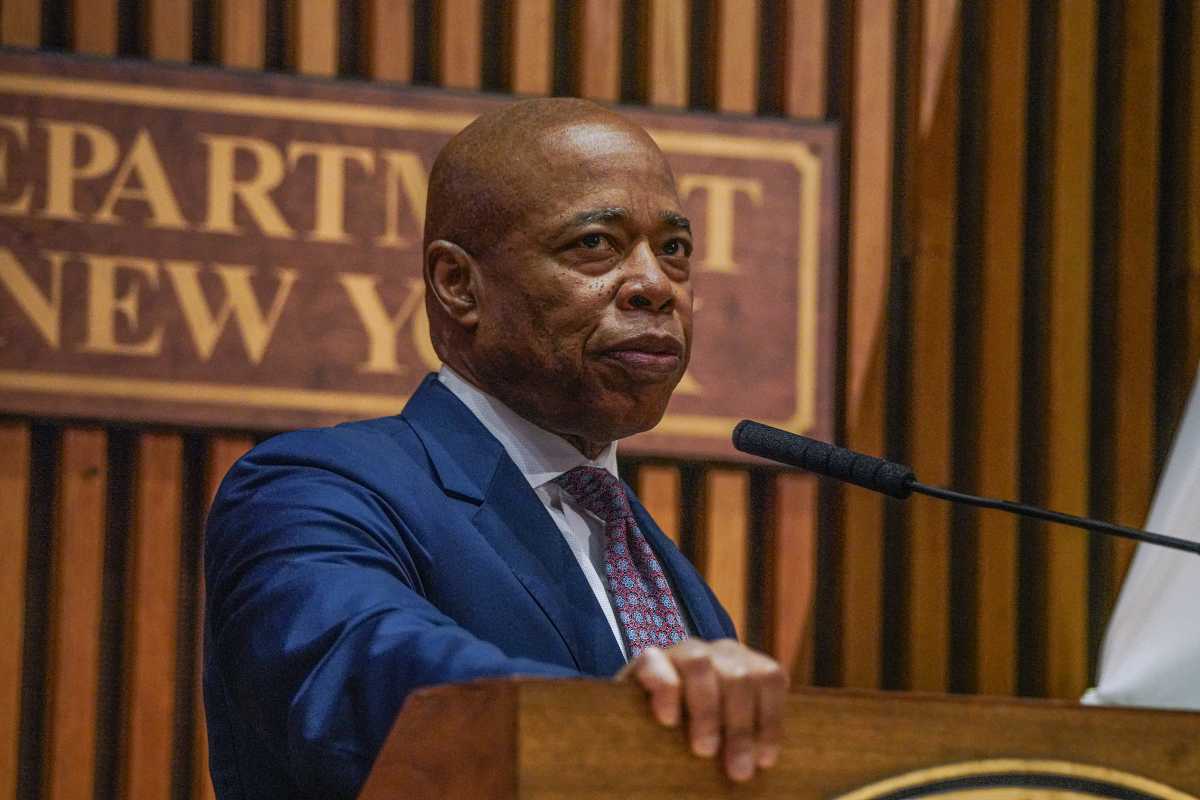A new path forward for the city’s criminal justice system was forged Thursday when the full City Council voted in favor of the de Blasio administration’s plan to close the notorious jail complex on Rikers Island and build four new borough-based detention facilities.
The 36-to-13 vote passing the $8.7 billion land use plan came after after Mayor Bill de Blasio and Speaker Corey Johnson reached a deal on a wide-range of community investments totaling $391 million, including $126 million that was previously planned and $265 million in new programming that will address the root causes of incarceration that was announced for the first time just prior to the vote.
“When we pledged to close Rikers Island, we made a promise to transform a broken criminal justice system and give back to communities that have experienced the effects of mass incarceration firsthand,” de Blasio said. “By investing in neighborhoods and putting people on the path to success, we are making good and getting closer to a day when we’re the fairest big city in America.”
To get to this point, the number of New Yorkers entering jail has declined by nearly half in the past six years. The jail population has declined from 11,000 in 2014 to about 7,000 today, and is projected to be approximately 3,300 by 2026.
“For too long, the city’s answer to every societal problem was to throw people in jail. Because of that, we lost generations to mass incarceration, mostly young men of color,” Johnson said. “These investments are at the heart of our plan to close Rikers.”
The plan adds over $71 million for alternatives to detention and incarceration and reforms to the Department of Correction, building on $126 million in annual investments to reduce justice involvement, support communities, and make our justice system smaller.
Councilwoman Karen Koslowitz said she will sleep well at night with her vote in favor of the plan, which will build a smaller prison than was originally planned in her district at the old Queens Detention Complex in Kew Gardens.
“I am very proud of the community investments that I have secured from the administration,” Koslowitz said. “As a result of these investments, our seniors will receive the services they deserve, our children will be better equipped to succeed and the community overall will benefit. Moving forward it will be my imperative that these investments will be implemented in a timely and responsible manner.”
Such investments affecting the borough includes updates to the Queens Community House on Kew Gardens Road and expansion of the Cure Violence programming at the 113th Precinct in southeast Queens. Another key part of the agreement addressed parking in Kew Gardens where the city will create 676 public parking spaces, and increase of 150 above the initial design and 605 additional parking spaces so Department of Correction personnel will not utilize public parking.
“Closing Rikers Island is one of the most important votes this council has ever taken, but these critical investment in restoring and healing our communities are the most effective part of the plan that will drastically reduce our incarcerated population by providing opportunities for at-risk New Yorkers,” Councilman Donovan Richards said. “Locally, increased investment in the Crisis Management System in southeast Queens and a community justice center in Rockaway will help divert New Yorkers away from the criminal justice system before they get caught in a system for the rest of their life. The work doesn’t end today, since we will have to hold this administration and the next accountable to the progress that must be made over the next few years until Rikers in shutdown forever.”
The deal for investment in community-based resources was applauded by The Fortune Society, the Long Island City-based nonprofit that helps formerly incarcerated people re-enter society.
“For too long, and at great human and financial cost, our jails have warehoused people on minor offenses whose unmet needs of homelessness and untreated mental illness could have been addressed while they were at liberty in the community and before they ever became involved in the criminal justice system,” Fortune Society President and CEO JoAnne Page said. “”With these key investments in housing, mental health services, gun violence prevention and youth services, these vulnerable New Yorkers can get the help they so desperately need, while we continue to build a safer and more just city.”





































